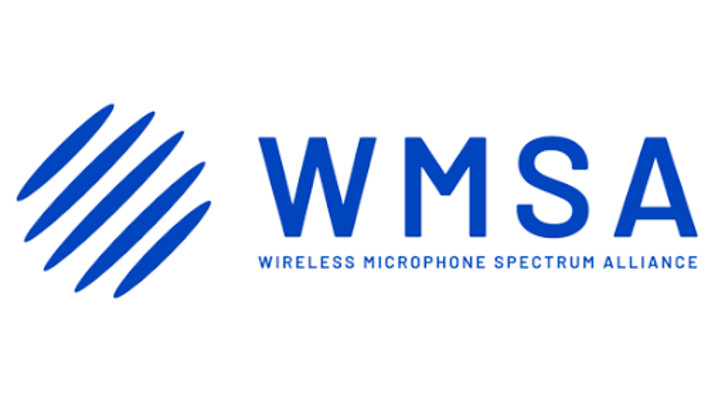Anticopying fight threatens mobile music and video
The professional video industry's #1 source for news, trends and product and tech information. Sign up below.
You are now subscribed
Your newsletter sign-up was successful
A dispute over antipiracy technology is looming over the emerging mobile phone content business, with the telcos claiming that new music and video services could be derailed as a result, CNET News reported.
At issue is a set of technologies aimed at protecting content from being indiscriminately copied after being sold through mobile phone networks, a critical component of the new content services if record labels and movie studios are to sign on.
For more than a year, the mobile industry has been converging on a standard set of antipiracy technologies, which could help avoid the fragmentation that separates Microsoft and Apple Computer products in the PC world. But now patent holders including Sony and others have put a price tag on that technology, and some of the biggest phone companies say it’s too expensive, CNET reported.
The carriers have threatened to look elsewhere — a development that could help rival copy-protection developers such as Microsoft — even if it slows down the release of their services and leads to incompatible products.
The rights-management component is an obscure but critical piece of a business that is attracting millions of dollars of investment in Asia and Europe, and is likely to launch in the United States later this year, CNET said. Cell phone carriers that have spent billions on wireless high-speed data spectrum are eager to recoup their expenditure, and are turning to music and video downloads as their most promising early services.
Already a handful of mobile download services similar to Apple’s iTunes Store have launched overseas. Vodafone has launched music stores across Europe, with the help of France’s Musiwave. Germany’s T-Mobile is offering short versions of songs, while Japan’s KDDI has predicted that music downloads will add $70 million to its annual bottom line in just a few years.
The start-ups that power these services have used a variety of technologies to protect their content. Some, like Seattle-based Melodeo, use their own digital rights management. Others are using technology based on the standards developed by the Open Mobile Alliance (OMA).
The professional video industry's #1 source for news, trends and product and tech information. Sign up below.
The OMA technology is now turning out to be a hurdle, however. As with other standards, the underlying technology is actually owned by other companies, in this case Sony, ContentGuard Holdings, InterTrust Technologies, Matsushita Electric Industrial and Koninklijke Philips Electronics.
An organization called MPEG LA is handling the overall licenses for those companies, as it is for other similar patent groups. In January, that group suggested that companies that want a license should pay $1 per device using the anti-piracy technology, as well as one percent of any transaction such as a song download that is protected by the tools.
Carriers and handset makers almost immediately said no. The Group Special Mobile (GSM) Association, which represents many of the biggest overseas carriers, issued a call for proposals from other rights-management companies.
In response, MPEG LA issued a new proposal last week, asking manufacturers to pay 65 cents per device, and carriers or other services to pay 25 cents for each user who downloads any content — whether a single file or 10,000 songs — in the course of a year.
The GSM Alliance said last week that the terms remained “unreasonable and unworkable,” and said it would continue to examine technologies. After its last call for proposals, 14 different companies submitted copy-protection tools for evaluation, the group said.
